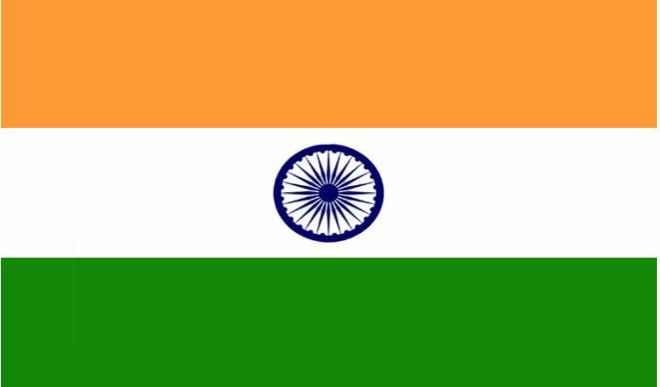The realization that U.S. companies dominate the Internet technology landscape in India is getting the country (India) very worked up, and it badly wants to do something about it.
It is not difficult to sympathize with India on this matter. About a decade to five years ago, the name “India” was synonymous with Internet and Information Technology. At the time, the country was disproportionately represented as the call-center of choice for the world conglomerates, which are mostly based in the U.S. Thanks to cheap labor and the ability of Indians to understand and speak English. Moreover, the Silicon Valley and major computer software companies all over the U.S., including Microsoft and Google, are also disproportionately staffed with Indian programmers on the then generous H-1 visa, though the current protectionist agenda in the U.S. is changing all that. So desirable were Indian programmers that the current CEOs of Microsoft (Satya Nadella) and Google (Sundar Pichai) are Indian-born.
Notwithstanding this notoriety in technology prowess, India is pretty much a dumping ground for high tech products developed from the West. Amazon is the second leading online retailer in India, while WhatsApp is the most popular app on Indians’ smartphones. The Android engine drives virtually all the phones in India and YouTube is the most favored video platform. None of these platforms is developed in India. China, which has never been known for computer programming, has managed to have its own local Google, Facebook, Twitter, YouTube, and online retailer.
In the 31August 2018 issue of the New York Times, Vindu Goel discusses how India is pushing back against tech “colonization” by the Internet giants. In the article, he says “In recent months, regulators and ministers across India’s government have declared their intention to impose tough new rules on the technology industry. Collectively, the regulations would end the free rein that American tech giants have long enjoyed in this country of 1.3 billion people, which is the world’s fastest-growing market for new internet users.” According to Goel, the Indian government’s proposals include “European-style limits on what big internet companies can do with users’ personal data, a requirement that tech firms store certain sensitive data about Indians only within the country, and restrictions on the ability of foreign-owned e-commerce companies to undercut local businesses on price.” India also wants to borrow a leaf from China in terms of the right to obtain private information as the country sees fit.
The 28 May 2018 article in this column in Daily Trust goes into some details on the European Union’s General Data Protection Regulation (GDPR) that went into effect 24 May 2018, with enforcement starting the day after. The GDPR controls the handling of the personal data of EU individuals. The personal data handling operations covered includes collection, storage, transfer, or use of such data. “Personal data” in the regulation covers any information relating to an identified or identifiable individual (or a “natural person”), such as a person’s name, government ID numbers, and any bits of information that can show a person’s activity both on/off-line; such as location information, IP addresses, cookies and other data that allows the tracking of users as they browse the Internet.
With GDPR, you have to be told why, how, and where your data is going to be used. You will also have access to any websites where your data is used and you will be fully aware of the functions of the website. The recent Facebook-Cambridge Analytical (FACA) scandal, wherein the personal data over 87 million people were compromised, upset the Indian government, as 526,000 of its citizens were affected.
In short, India is motivated by many factors. The country appreciates that the personal data of its citizens is a strategic asset. After all, the hot tech paradigm of artificial intelligence is driven by data. India also wants its own Baidu (China’s Google), Alibaba (China’s Amazon), WeChat (China’s Facebook, sort of), Weibo (China’s Twitter), and Tik Tok (China’s YouTube). WhatsApp is also is a target, realizing the lethal consequences that followed the episode of fake news spreading on the platform a few months ago.
While India wants to have some control, it does not want to go the Chinese approach all the way, which is characterized by heavy censorship of contents from the rest of the world, with the consequence that many young adults in China do not know what Google, Twitter or Facebook are, and have familiarity only with the Chinese answers to these otherwise international platforms. India’s disposition is understandable – the country is the world’s second largest democracy.




